Results
-
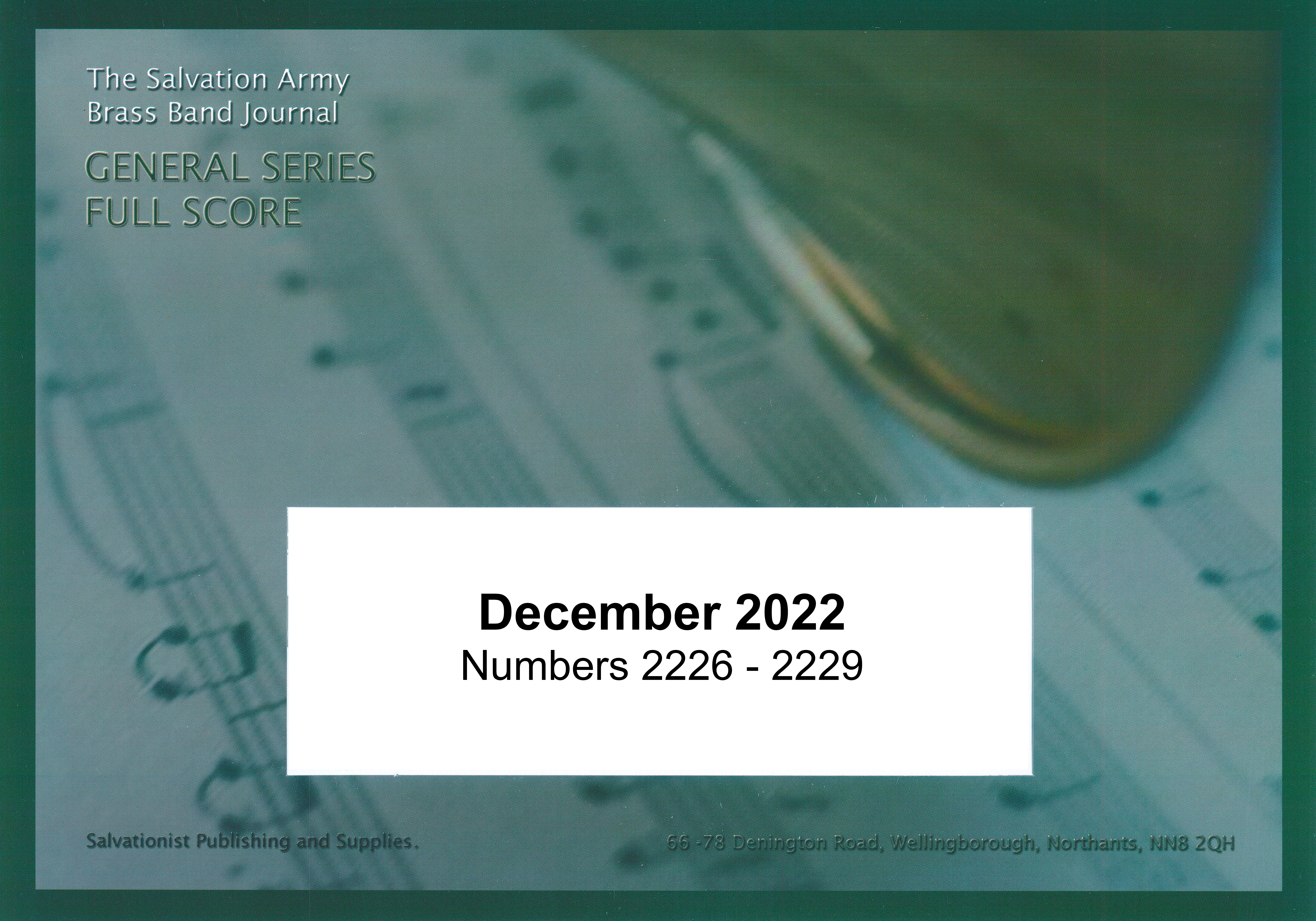 £77.00
£77.00General Series Brass Band Journal, Numbers 2226 - 2229, December 2022
2226: March - Joyful Warrior (Steve Kellner)This march was written to celebrate the rededication and renaming of the USA National Capital & Virginia Division's music conservatory building in honour of Bandmaster James B. Anderson. It is based on two songs, Joy! joy! joy! there is joy in The Salvation Army (S.A.S.B. 963) and Joyful, joyful, we adore thee (S.A.S.B. 39).2227: Song and Dance (Ian Clarke)This music is built around two main subjects, the song Jesus put this song into our hearts (S.A.S.B. 875) and an original theme reminiscent of Slavic dance music.2228: Horn Solo - Time and talents (Stephen Bulla)A reverent tenor horn solo inspired by All there is of me, Lord (S.A.S.B. 569)2229: Promises (Sam Creamer)The well-known hymn Standing on the promises (S.A.S.B. 522) is presented in this arrangement in a driving shuffle style.
Estimated dispatch 7-14 working days
-
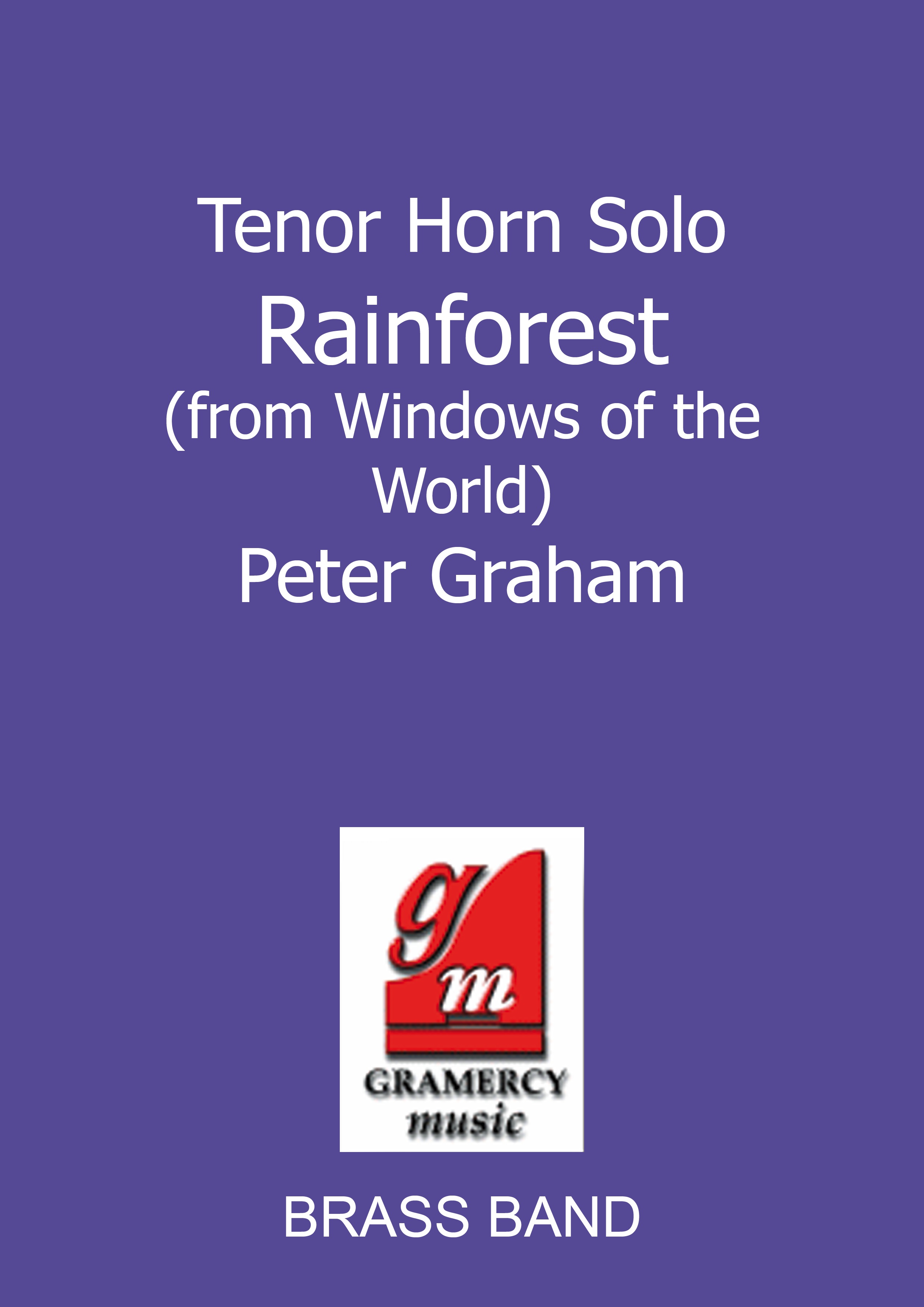 £44.95
£44.95Rainforest (Eb Horn Solo with Brass Band)
Solo for Tenor Horn Eb. The Second movement from Windows of the World.
Estimated dispatch 7-14 working days
-
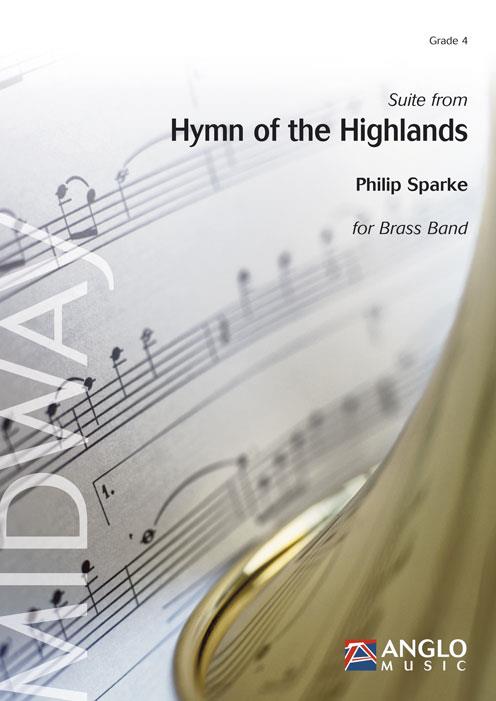 £149.99
£149.99Hymn of the Highlands, Suite from (Brass Band - Score and Parts)
Suite from Hymn of the Highlands draws three expressive musical pictures of the Scottish highlands.The first movement, Ardross Castle, contains solo passages for horn and baritone and features a fascinating bagpipe melody.The second movement, Alladale, is a trio for tenor horn, flugel horn and baritone with an accompaniment featuring the percussion section.The final movement, Dundonnell,features two highly contrasting melodies, a wild presto and the bagpipe melody first heard in the first movement.Duration: 17:00
Estimated dispatch 7-14 working days
-
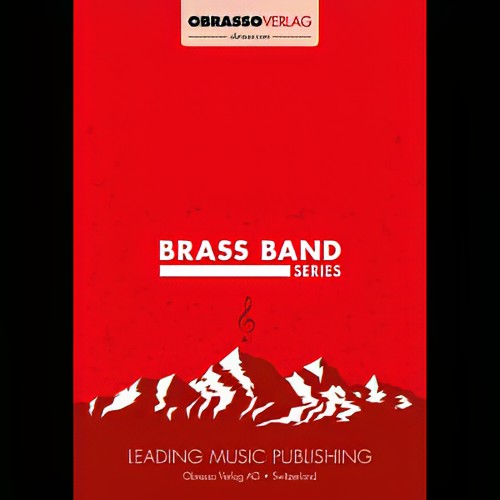 £50.90
£50.90Flower Duet (Tenor Horn Duet or Flugel and Tenor Horn Duet with Brass Band - Score and Parts) - Delibes, Leo - Smith, Sandy
from Lakme
Estimated dispatch 7-14 working days
-
£34.95
HIS EYE IS ON THE SPARROW (Tenor Horn Solo with Brass Band Set) - Leonard Ballantine
A traditional gospel spiritual originally written in 1905 by Civilla D. Martin and Charles H. Gabriel, the song is most associated with actress-singer Ethel Waters. The song has been covered extensively in gospel music, with notable versions by Shirley Caesar, Marvin Gaye, Kirk Franklin and the Family, Lauryn Hill and Tanya Blount (from Sister Act 2), Mahalia Jackson, Sister Rosetta Tharpe, Dottie West, Barbara Mandrell and Jessica Simpson.
Estimated dispatch 7-14 working days
-
£24.95
MOUNTAIN MELODY (Tenor Horn Solo with Brass Band Set) - Eric Ball
Estimated dispatch 7-14 working days
-
£24.95
AIR AND RONDO (Tenor Horn Solo with Brass Band Set) - Reginald Heath
Estimated dispatch 7-14 working days
-
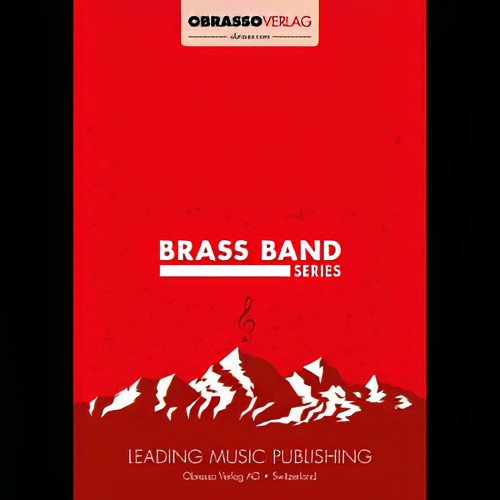 £50.90
£50.90My Lady Dreams (Tenor Horn Solo with Brass Band - Score and Parts) - Clarke, Herbert L. - Smith, Sandy
Romanza for Eb Horn
Estimated dispatch 7-14 working days
-
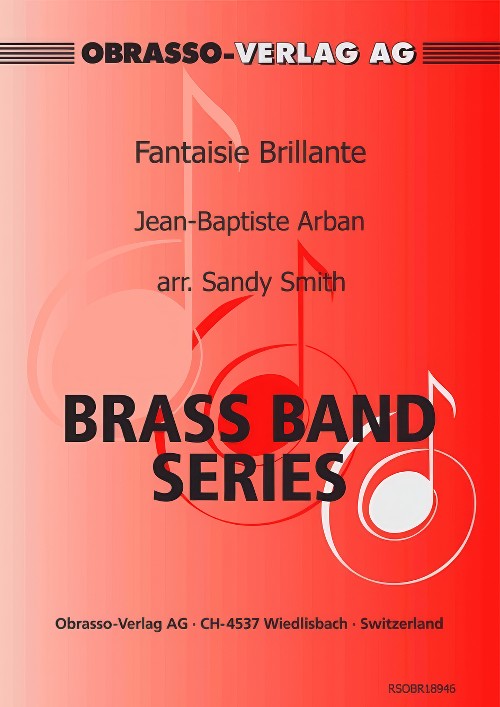 £54.20
£54.20Fantaisie Brillante (Tenor Horn Solo with Brass Band - Score and Parts) - Arban, Jean-Baptiste - Smith, Sandy
Feature your star Solo Horn player with this Arban classic, dedicated to Owen Farr.
Estimated dispatch 7-14 working days
-
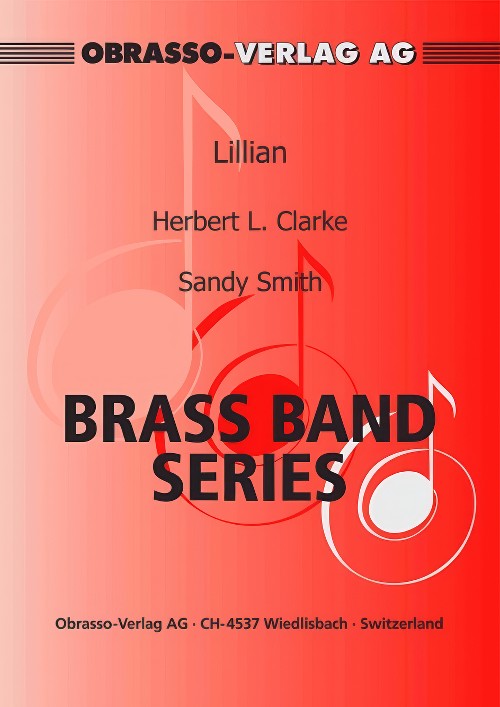 £49.20
£49.20Lillian (Tenor Horn Solo with Brass Band - Score and Parts) - Clarke, Herbert L. - Smith, Sandy
Polka Caprice
Estimated dispatch 7-14 working days
